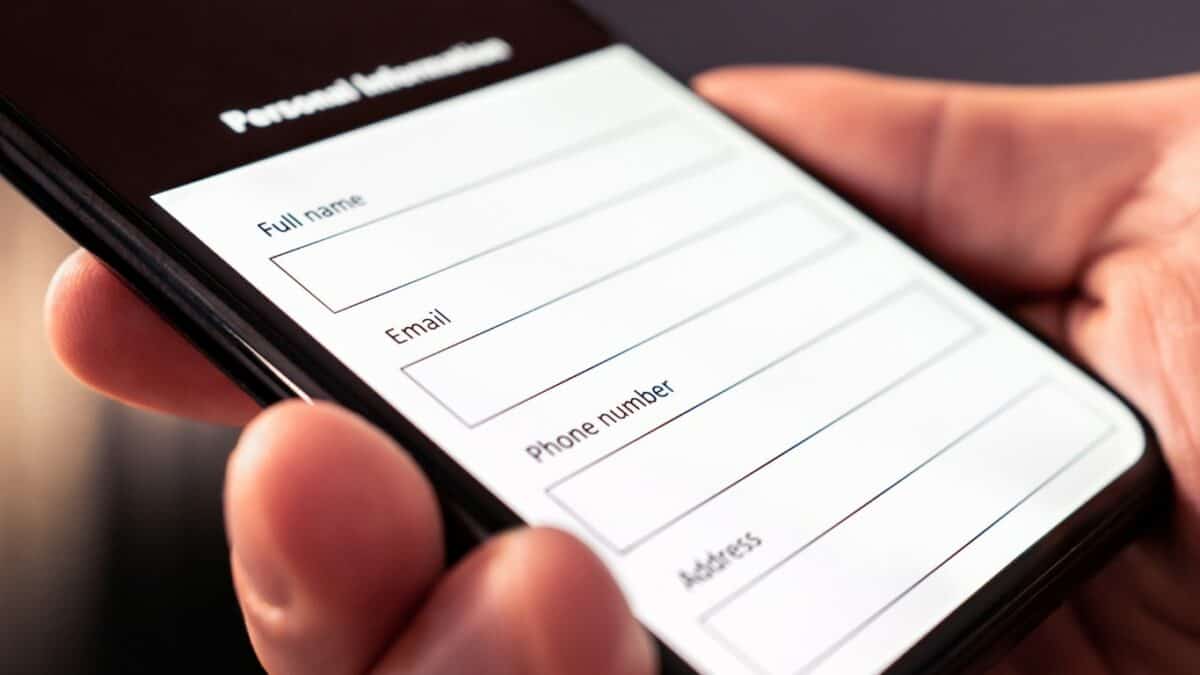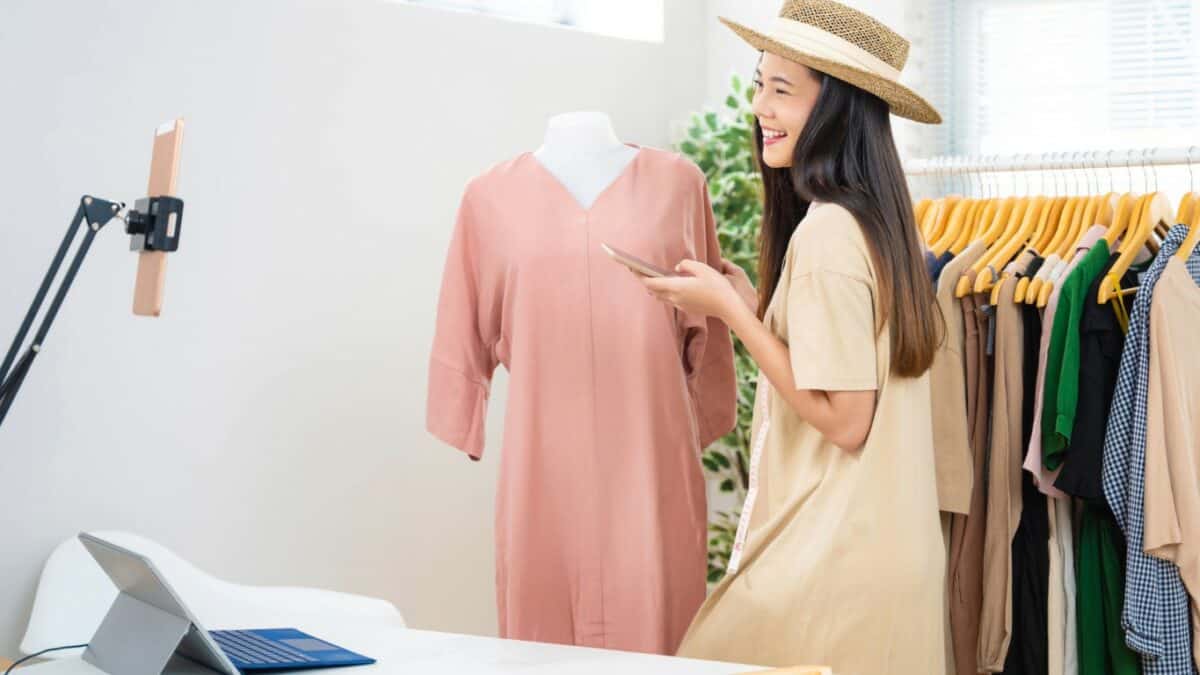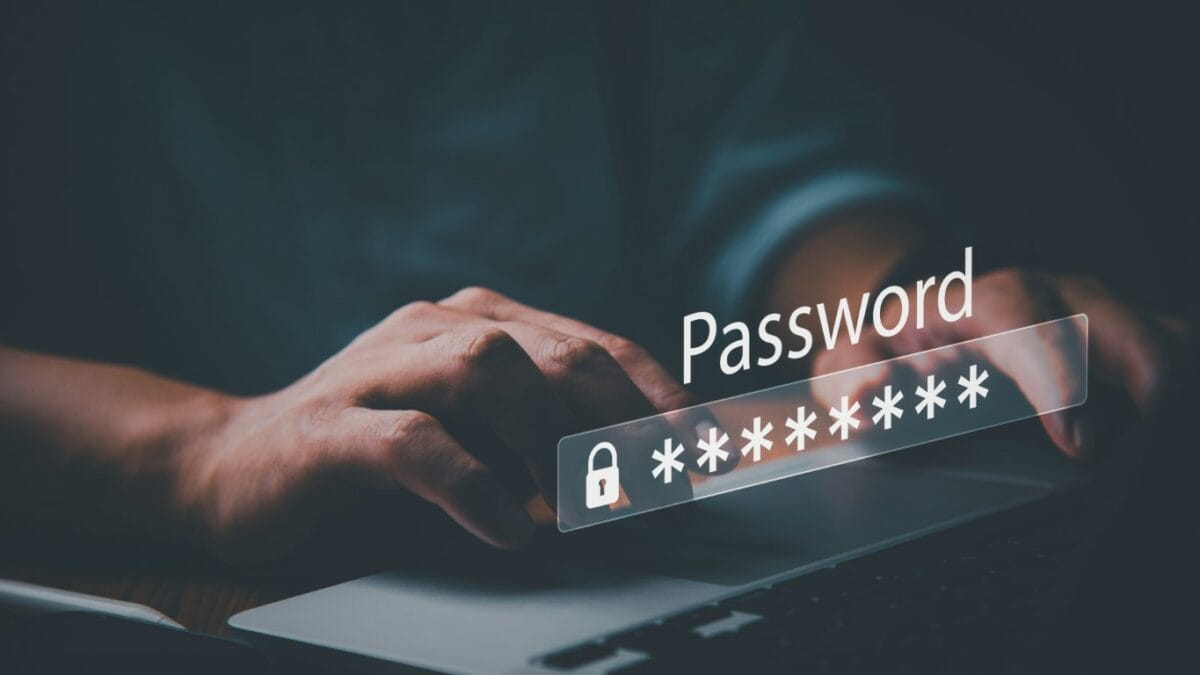Vintage decor lovers often use the internet to find their delights, so having a good understanding of what digital privacy is and just how it can be exploited is really important.
The protection of personal information is key to maintaining digital privacy, all online activity risks it. Vintage lovers spend a long time browsing and can find themselves in all sorts of unique corners of the web and with thriving communities of like-minded individuals we can be guilty of oversharing in the excitement of a rare find.
Whether it is important financial information given out when buying goods that could potentially be exploited for cybercrime or just your browsing history and habits in general you need caution and some sort of anonymity.
Online safety, however, should always be a concern so prioritizing digital privacy needs to remain at the forefront of thoughts in order to enjoy shared passions without giving away too much.
Why Digital Privacy Matters
Digital privacy allows vintage shoppers to engage in their hobbies without worrying about the risk of falling victim to cybercriminals.
Risks of Ignoring Privacy
Finding something special online for a collection can sometimes make logic go out of the window. Vintage enthusiasts can set their sights on an item, and no price is too high in their eagerness.
This leaves them vulnerable to exploitation with items that are simply too good to be true. Without care and caution, the consequences can be dire:
- Online scams;
- Identity theft;
- Data breaches;
- Fraud;
- Financial loss;
- Emotional stress.
Benefits of Prioritizing Privacy
By prioritizing digital privacy and putting measures in place to ensure secure transactions vintage lovers can hunt and shop to their heart’s content with peace of mind.
With some internet savvy and the right technological tools to assist, your passion won’t be ruined by scammers and thieves.
Common Privacy Threats
Here we have highlighted 3 of the most commonly encountered privacy threats that vintage enthusiasts might come across while hunting for their next treasure.
Online Scams and Fraud
Fraudulent listings are rife online, and vintage fans sadly make for easy targets the thrill of the hunt sometimes takes over and that can trump the vigilance needed to spot a fake ad.
Even if the listing is genuine, you might find the item is counterfeit or that the payment methods are interceptable or deceptive.
It is a minefield, so being able to verify platforms and sellers before purchasing is paramount.
Data Theft and Identity Theft
Vintage aficionados must make their online security a priority because they are sharing credit card and banking details as well as addresses.
Our personal information is highly valuable in identifying data criminals can steal entire identities.
Data is easily gathered when access points are weak, so strong passwords are essential. It can also be intercepted through internet traffic by man-in-the-middle style attacks.
Phishing Attacks
Phishing is also commonly encountered in the world of vintage buying and selling, if you use forums and communities to put the feelers out for a specific item you might expect to get an unsolicited message or email.
While these messages might seem legitimate, you should always be cautious and verify the sender because they might contain dodgy links.
Some red flags to look for are misspellings, genericness, and any sort of pressure-selling or time-sensitive urgency.
Remember, you should never give away personal or financial information; reputable buying and selling platforms won’t ask via email.
Protecting Your Privacy While Shopping
Of course, sooner or later, for vintage online shoppers, financial details are going to be shared; Here’s some advice on staying safe:
Using Secure Websites
Always check website authenticity to make sure that the websites you are going to shop from are the real deal.
A little padlock icon and HTTPS in the URL are indications of a secure connection and a verified site.
Safe Payment Methods
Be sure to use trusted payment gateways as opposed to direct bank transfers, if you have paid directly from your bank anything you have authorized remains authorized whether you later find out you were scammed or not.
PayPal is a good medium and so are credit cards that have fraud protection.
Avoiding Suspicious Links and Emails
Install a good spam filter and exercise caution with any unsolicited emails.
Even if you receive an email that appears to be from a platform you regularly use for vintage purchases take a moment, verify the sender examine the contents and never click links directly.
It is always best to visit the platform directly in another browser tab or separate window. Links may contain malware or lead you somewhere that will steal personal information.
Tools and Best Practices
Below you will find some helpful tools and tips for the best practices online when shopping for vintage items.
VPN Services
A Virtual Private Network (VPN) is a tool that masks your IP address and routes your traffic via secure worldwide servers, all the while encrypting the contents. This can thwart interception and help keep online transactions safe.
A no log VPN also keeps your browsing habits secure and provides the anonymity needed to protect your digital identity.
Secure Browsers and Search Engines
Some browsers provide built-in security features that prioritize the user’s privacy; others come with great extensions and add-ons that can help keep your activity hidden and safe.
Brave and Tor are among the most privacy-focused browsers, Firefox and Chrome have privacy modes and private browsing features built-in and each has various extensions to prevent trackers.
Strong Passwords and Two-Factor Authentication
Preventing hacker access starts with a strong password and making sure it is a good length and not guessable.
Use upper and lowercase letters with numbers and special characters; the lengthier, the better, and never use the same password twice. A password manager can help with generation.
Taking things one step further with two-factor authentication is also never a bad idea when it comes to keeping your vintage shopping platform accounts secure.
They are easy to enable and will prompt you for a second form of verification when you try to access your accounts.
Regular Software Updates
Regular software updates are crucial, with near-constant cyber threats, tech quickly becomes vulnerable and outdated. The developers work tirelessly to spot vulnerabilities and address them.
Keeping your software up to date is the only way to ensure you have the latest patch in place that addresses the latest weakness. Without it, you are a sitting duck.
Social Media and Forums
The vintage-loving community is alive and kicking, but there are a few things you must remember when socializing online to protect your identity.
Managing Privacy Settings
Regardless of which site you are chit-chatting on, you should always check your privacy settings to make sure other participants can’t see any personal details that could be exploited.
These settings are usually easy to find and navigate, on social media sites such as Facebook, where you might share more with friends than strangers make sure that your settings are arranged to friends only, that way, members of groups and pages you interact with only see the bare minimum.
Cautious Sharing
Always closely guard your address, phone number, and financial details, don’t be tempted to share them on social media for any reason.
Risks of Oversharing
If vintage enthusiasts share details that they shouldn’t on social media and forums they quickly become a prime target for scams and the consequences can be dire.
Let’s say you share something as simple as your neighbourhood by tagging yourself at a location close to you and you have also expressed interest in getting your hands on a specific retro ornament.
A malicious actor will not think twice about telling you there is one nearby and getting your credit card details for an upfront deposit or organizing a courier to get it to you.
Selling Vintage Decor Online
Frustratingly, there are also risks for those who are selling in the online vintage marketplace.
Protecting Seller Information
It is advisable to use a separate email for any transactions, never share your home address, and arrange deliveries of pick-ups from a separate location.
Secure Communication with Buyers
Keep communications through platforms, and never give out your private number.
It is very easy to pose as a buyer for a public listing to gain information for nefarious activity.
Safeguarding Payment Information
Use PayPal and other trusted payment gateway for transactions.
Don’t accept direct bank transfers, even if the buyer is legitimate; it helps foster trust within the community and ultimately avoids untrustworthy buyers who may cancel payments or take refunds once goods are received.
Real-Life Privacy Breaches
In 2024, some notable privacy breaches were already seen, such as the February 2024 Change Healthcare data breach or recent ransomware attacks on CDK Global.
Perhaps most relevant to this article was the case of the vintage Converse seller who was exploited in 2021.
These breaches resulted in the exposure of millions of personal records and were costly for all involved underscoring the need for strong privacy practices. UnitedHealth ended up paying a $22 million ransom.
These cases highlight that no one is safe big or small; vintage sellers are just as appealing to cyber criminals as huge companies with billions of people’s data.
The price can be astronomical whether it is fiscal or simply emotional.
How To Avoid Similar Risks
Fortunately, with the advice laid out in today’s guide vintage enthusiasts should be able to thwart potential attacks.
By adopting strong passwords, and two-factor authentication, using safe secure platforms and payment methods, and staying alert and cautious in their online activities.
Conclusion
While the risks might not always be on your mind, digital privacy should be a priority for vintage enthusiasts.
Browsing, buying and selling online is a dangerous activity without the safe habits and the right tools to help keep your digital privacy protected.
Your privacy is your biggest asset, and keeping it for your own eyes only means being cautious and staying ahead of the latest tricks used by online criminals.
Fortunately, with all the above information now at your disposal, you can indulge in your vintage-loving passion without the threats looming overhead.
